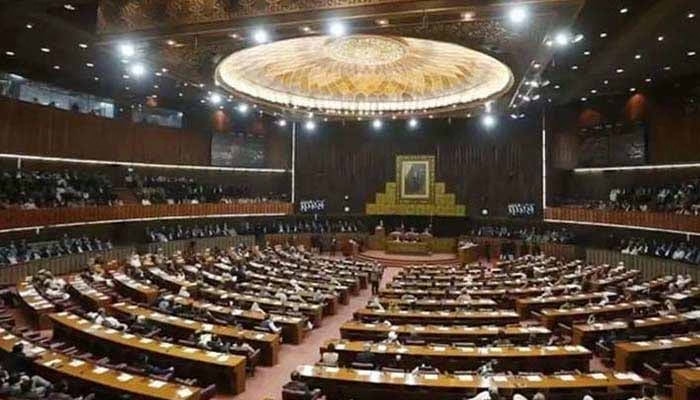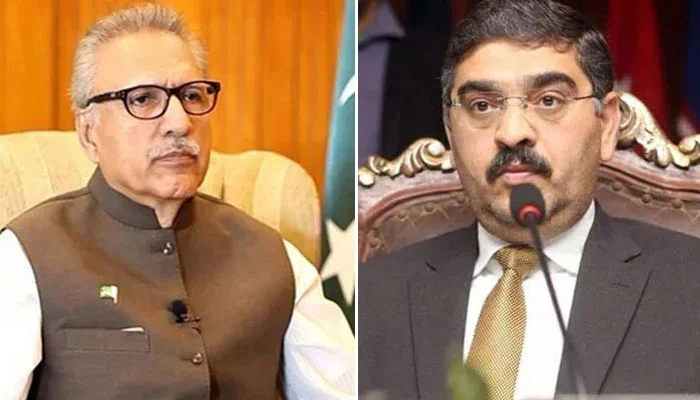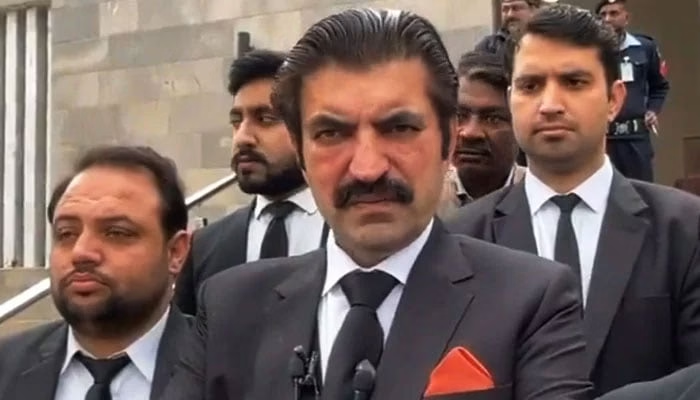A team from Lahore Police, accompanied by members of the Lahore Forensic Science Laboratory, arrived at Adiala Jail to investigate the founder and chairman of Pakistan Tehreek-e-Insaf (PTI), Imran Khan, in connection with 12 cases related to the events of May 9. The anti-terrorism court in Lahore has granted a 10-day physical remand of Imran Khan for these investigations.
Legal Proceedings and Remand
The Lahore High Court recently disposed of Imran Khan’s interim bail applications in three cases pertaining to the incidents of May 9, on the basis of withdrawal. The court noted that Imran Khan was arrested on July 14, and the applications for bail were subsequently filed on July 15. Following this, the PTI legal team chose to withdraw the bail applications.
The court’s decision reflects the legal complexities and procedural aspects involved in high-profile cases. The withdrawal of bail applications suggests a strategic legal move by PTI’s legal team, possibly indicating a shift in their defense approach.
Background of the Cases
The May 9 incidents have been a significant point of contention, involving allegations of anti-state activities and terrorism. The Lahore Police and forensic experts are now conducting a thorough investigation to gather evidence and ascertain the facts surrounding these allegations. The presence of forensic experts indicates that the investigation will involve a detailed analysis of physical evidence, digital data, and other forensic materials.
Imran Khan’s Legal Troubles
Imran Khan, once celebrated as a cricket legend and now a prominent political figure, has faced increasing legal challenges. His arrest on July 14 marked a significant escalation in the ongoing political and legal battles. The approval of a 10-day physical remand by the anti-terrorism court allows the police to interrogate him and collect evidence related to the May 9 incidents.
These cases are part of a broader narrative of political turmoil and legal scrutiny that PTI and its leadership have been facing. The legal proceedings against Imran Khan have sparked debates and discussions about the rule of law, political accountability, and the role of the judiciary in Pakistan.
Political and Public Reactions
Imran Khan’s supporters and PTI loyalists view these legal actions as politically motivated, aimed at undermining his leadership and the party’s political influence. On the other hand, proponents of the legal proceedings argue that they are necessary for upholding the rule of law and ensuring accountability.
The situation remains highly charged, with public opinion divided. PTI has been vocal in its criticism of the government’s actions, framing them as an attack on democracy and political dissent. The party has organized protests and rallies, calling for Imran Khan’s release and an end to what they perceive as political victimization.
Future Implications
The outcome of these investigations and legal proceedings will have far-reaching implications for Pakistan’s political landscape. If found guilty, Imran Khan could face significant legal penalties, which would impact PTI’s leadership and political strategy. Conversely, if the investigations do not yield conclusive evidence, it could bolster PTI’s narrative of political persecution and potentially strengthen their support base.
The involvement of forensic experts and the detailed nature of the investigations underscore the seriousness of the allegations. The legal process will need to meticulously examine all evidence to ensure a fair and just outcome.
The investigation of Imran Khan in Adiala Jail by Lahore Police and forensic experts marks a critical juncture in the ongoing legal battles involving PTI’s leadership. The approval of a 10-day physical remand by the anti-terrorism court and the withdrawal of interim bail applications by PTI’s legal team add layers of complexity to the case.
As the legal proceedings continue, the political climate in Pakistan remains tense. The implications of these investigations will resonate beyond the courtroom, influencing political dynamics and public perception. The coming weeks will be crucial in determining the trajectory of Imran Khan’s legal challenges and their impact on Pakistan’s political future.



